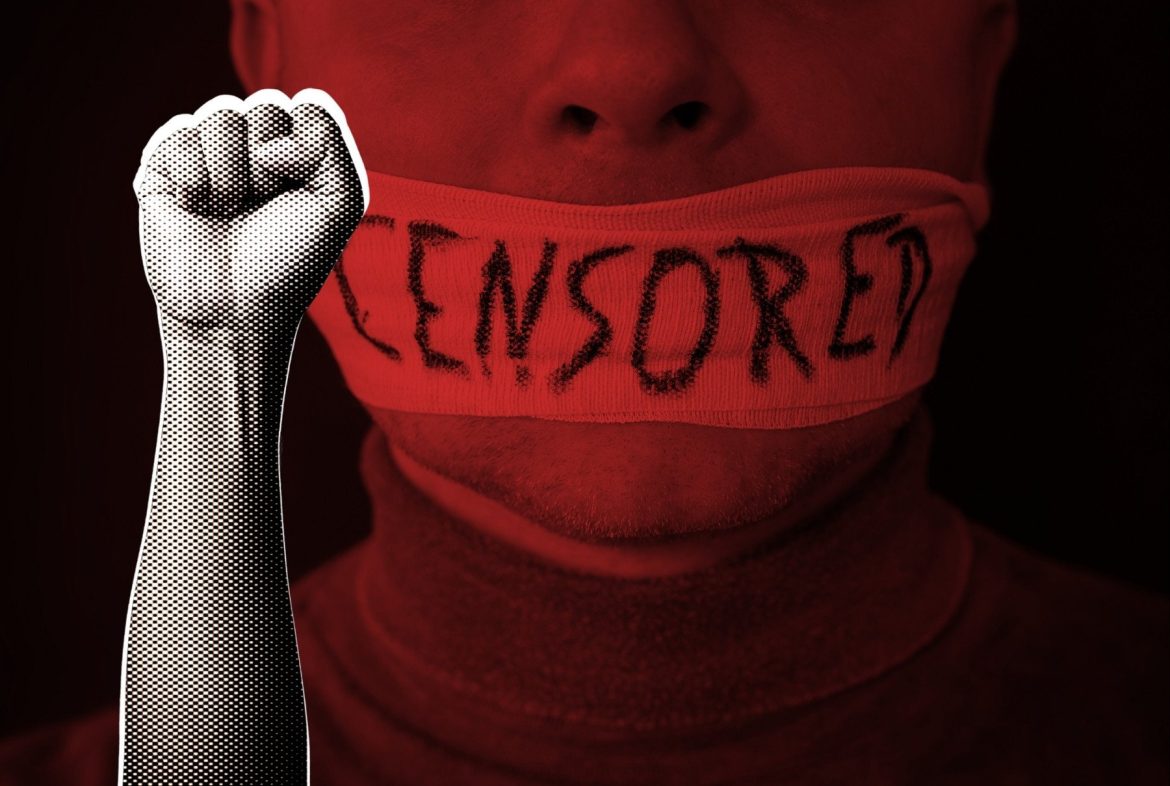

Texas minors contest legislation
The Texas App Store Accountability Act mirrors laws implemented in Utah and Louisiana. The law in Texas is slated to come into effect on January 1, 2026, while the laws in Utah and Louisiana are intended to be activated in May and July, respectively.
A different lawsuit initiated by a student advocacy organization along with two minors from Texas is also challenging the Texas law.
“The First Amendment does not allow the government to mandate that teenagers obtain their parents’ consent prior to accessing information, except in limited categories such as obscenity,” stated attorney Ambika Kumar from Davis Wright Tremaine LLP in an announcement regarding the lawsuit. “The Constitution likewise prohibits restricting adults’ access to speech under the guise of protecting children. This legislation enforces a system of prior restraint on protected expression that is fundamentally unconstitutional.”
Davis Wright Tremaine LLP noted that the law “encompasses much more than social media, extending to mainstream educational, news, and creative applications, including Wikipedia, search applications, and internet browsers; messaging platforms like WhatsApp and Slack; content repositories such as Audible, Kindle, Netflix, Spotify, and YouTube; educational sites like Coursera, Codecademy, and Duolingo; news applications from The New York Times, The Wall Street Journal, ESPN, and The Atlantic; and publishing platforms like Substack, Medium, and CapCut.”
Both sets of lawsuits against Texas assert that the law is overridden by the Supreme Court’s 2011 ruling in Brown v. Entertainment Merchants Association, which invalidated a Californian law limiting the sale of violent video games to minors. The Supreme Court articulated in Brown that a state’s authority to shield children from danger “does not encompass a free-floating power to limit the ideas to which children may be exposed.”
The technology sector has litigated against Texas concerning various laws related to content moderation. In 2022, the Supreme Court blocked a Texas legislation that forbids large social media platforms from moderating posts based on a user’s opinion. Ongoing litigation in that matter is still active. In a distinct case adjudicated in June 2025, the Supreme Court upheld a Texas statute that mandates age verification on adult sites.

